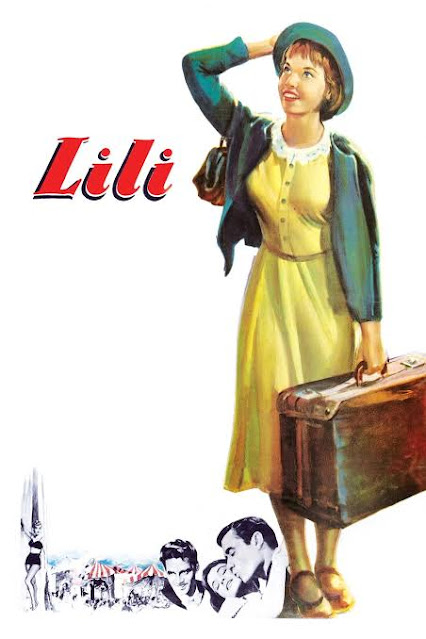The story of UK pop star Robbie Williams (Jonno Davis), his rise as part of the boy band Take That, and eventually solo stardom.
Before this movie, I had not thought about Robbie Williams in years.
After spending a good chunk of the nineties in America, I came to live in New Zealand at the end of 1999. So that meant I missed the beginning of Williams’ rise as a solo star. And I had no awareness of Take That until much later.
In 1999, Williams released the compilation The Ego Has Landed as an entree to breaking into the US market. Ironically, this was the album that introduced me to him, when someone decided to buy it for my family shortly after we settled in NZ.
So I ended up getting a good dose of Williams’ most popular songs, and became a bit of a fan for a few years.
Eventually he fell out of my rotation.
Occasionally he would pop up on the telly, or I would catch a snippet of a new song, but that was about it.
The first news I had heard about the movie was that Williams was playing himself. I probably dismissed it as pure ego.
But then the reveal came out that Williams was being played by a CG chimpanzee.
That conceit - and the ridiculously good notices - made me pay more attention.
This movie is great.
I have not seen Michael Gracey’s previous film The Greatest Showman. I was once forced to listen to the soundtrack on repeat during an all-day road trip so had no desire to watch it.
Better Man has me reconsidering that embargo.
The film manages to avoid feeling like a typical biopic by focusing on a key section of the subject’s life, and a key arc in the character’s personal development.
This is a cinematic story, one in which time and space, reality and fantasy, are permeable and subject to being shaped to suit the shifting perspective of Williams:
The sense of abandonment
The first taste of success
The high of fame and the crushing sense of failure after he left Take That
While Davis gives a good sense of Williams’ bravado, there is a constant unease - an underlying awareness of the doubt and self loathing that drives the star’s need for fame and broad acceptance.
As a musical, Better Man is exceptional. And part of what makes it so powerful is that it has a clear-eyed, empathetic view of its central character.
But it would be pointless if the film was not successful as a musical. And as a pure audiovisual experience, it is great.
What I loved about it is that this is a musical designed for the medium of film. This is not a stage show transferred to the big screen.
The highlight of the film is ’Rock DJ’, staged as a choreographed dance number down a London street.
As the band advances down the street, extras scatter and coke together, our heroes make a series of rapid costume changes and the increasing hysteria of the band’s fandom seems to cause every element of the environment collapse into chaos.
Taking the functional place of a montage, it is an exhilarating set piece that does a far better job of capturing Take That’s rapid, massive success,, capturing the speed and excitement of becoming the centre of popular culture.
The decision to cast Williams as a digital simian pays off in a couple of different ways. Practically, it blends Davis and Williams into one entity.
Jonno Davis - with face and singing voice replaced - does a great job as Williams. It never comes across as an impersonation.
The added benefit of the digital ape is that it enables the actor and the movie are at a remove from their source.
Gracey has stated he was inspired by Williams’ comment about feeling less evolved. At a certain point, I completely forgot about the surrealism of this choice.
The selection of songs is tasteful - the filmmakers do not stray from the big hits (my friend noted the large number of covers), but they all fit the emotional states that they are trying to capture.
It is not better than it had any right to be. It is good.
It is refreshing to see a mainstream movie that is unconcerned with literalism, and is willing to throw that away in favour of expressing a deeper, and more emotionally truthful version of its story.
Frankly, it is just good to watch a musical that loves musicals and is not afraid of that the genre can do.
If you enjoy something I wrote, and want to support my writing, here’s a link for tips!



